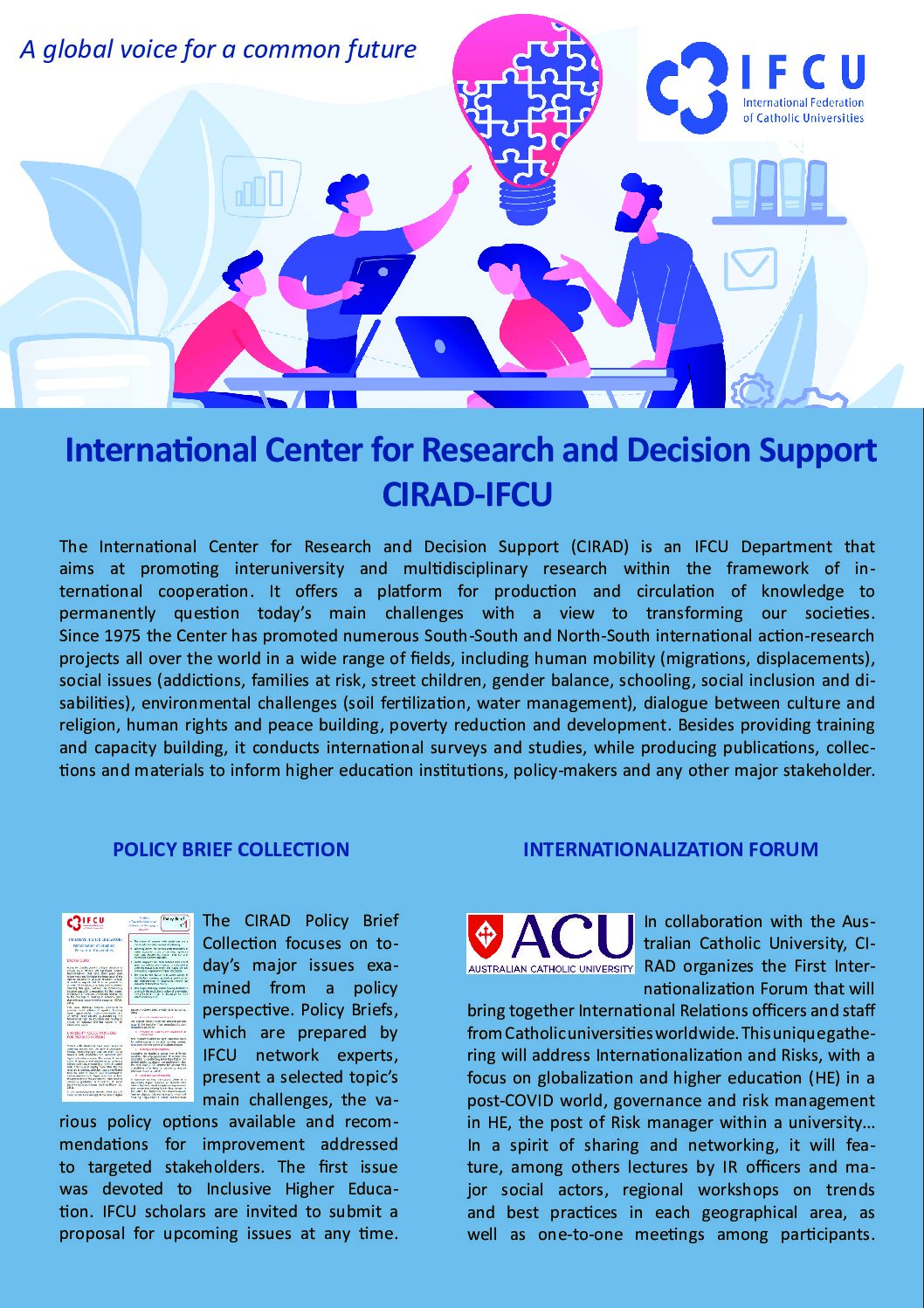Asserting the value of arts and humanities research

I would like to share with you the main points of a lecture entitled « Asserting the value of arts & humanities research », delivered by Ellen Hazelkorn within the framework of the GUNI Conference “International Conference on Sustainable Development Goals: Actors and Implementation”, held on September 18th-19th 2017 in Barcelona, Spain.
Ellen makes us notice that arts & humanities are embedded in many everyday activities. Watching TV, reading, interacting with each other, visiting exhibitions, surfing on the internet,… all of them require knowledge and competences that stem out from the arts & humanities field.
If we mobilize them so often and in such a wide range of activities, why do our society tend not to value them as much as other disciplines?
After Ellen, it is partly because we have a very reduced vision of what arts & humanities are. When they are present, we just see the technology that drives them, or the supports by which they express themselves. Moreover, there has been a change in the relationship between the State and higher education worldwide. This major transformation has entailed, among others, massification, global competitiveness, rising higher education costs and new requests from the labour market. As a result, strong emphasis has been placed on industry-driven research, employability, accountability and current research evaluation methods, to name only a few.
The speaker advocates for arts & humanities to find their own place in this new landscape. In particular, she emphasises the need for engaged scholarship and the need for what she calls a civic university. In doing so, she makes some suggestions that may be worth following:
- reflecting about the responsibility of the university with regard to society, which is not a new phenomenon, but has been heightened in intensity by the major challenges we are facing today;
- better communicating about our universities’ activities by bridging local-national-regional and international gaps;
- working towards a civic university and using our institution’s specificity to better position ourself with regard to others;
- promoting interdisciplinarity in a way that arts & humanities can bring an original contribution instead of acting merely like auxiliary disciplines;
- providing agile responses to urgent challenges through knowledge coming from arts & humanities.
* Ellen Hazelkorn is Policy advisor at the Higher Education Authority (HEA),
and Director of the Higher Education Policy Research Unit (HEPRU),
Dublin Institute of Technology (Ireland).


